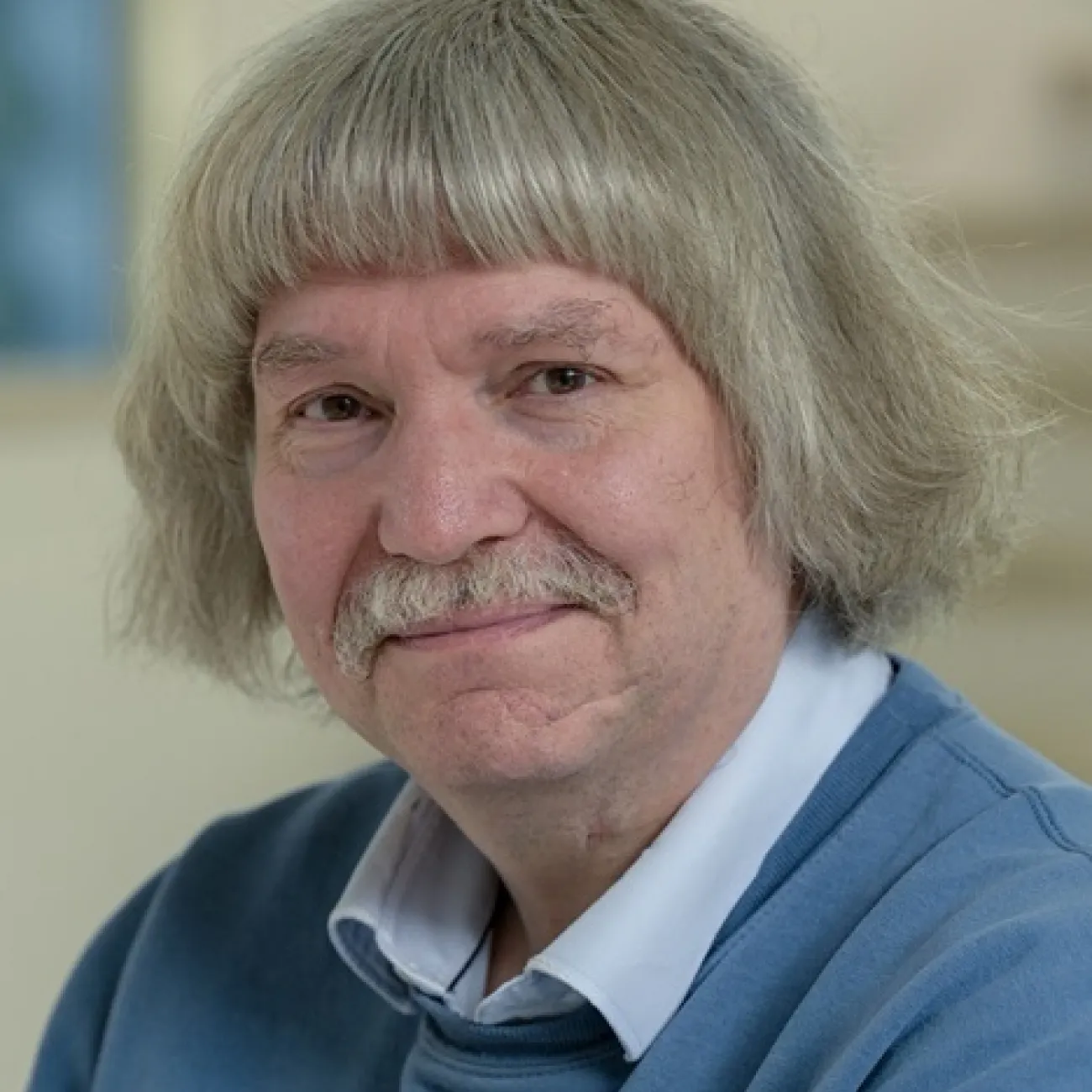Research
Research groups
Research interests
- Synthesis, properties and application of atomic and molecular endofullerenes.
- The use of flow chemistry for the rapid acquisition of mechanistic and process information.
- The synthesis of polyaromatic molecules for optoelectronic applications.
- Application of organozirconium chemistry to organic synthesis.
Current research
Prof. Whitby’s research interests span a wide range from using synthetic chemistry to tackle important scientific and societal problems, to developing the technology and informatics of synthesis itself. Current research interests include:
Endohedral Fullerenes. Fullerenes such as C60 containing an endohedral species A, denoted A@C60, are of great theoretical interest, and may have useful applications. We synthesise these molecules by using chemical reactions to open a hole in the fullerene, insert the endohedral species, then use a further series of reaction to re-close (suture) the cage, the overall process being described as molecular surgery. We have developed improved routes to H2@C60, H2O@C60 and He@C60, and made HF@C60, CH4@C60, Ne@C60 and Ar@C60 for the first time. The molecules have fascinating quantum properties due to quantised translation, as well the interaction between nuclear spins and rotational states which are investigated by many national and international groups.
Flow chemistry. We are developing new synthetic methods which take advantage of flow chemistry (continuous processing) techniques. A particular interest is to use flow techniques, particularly with the use of in-line IR, UV, and HPLC-MS, to allow rapid kinetic characterisation and optimisation of reactions.
Organic optoelectronics. We are designing and synthesising molecules with useful optoelectronic properties for application in Organic Light Emitting Diodes, particularly for use in printable devices. The work is lead by high level ab-inito calculations on properties. The current focus is on polyaromatic and heteroaromatic systems.
